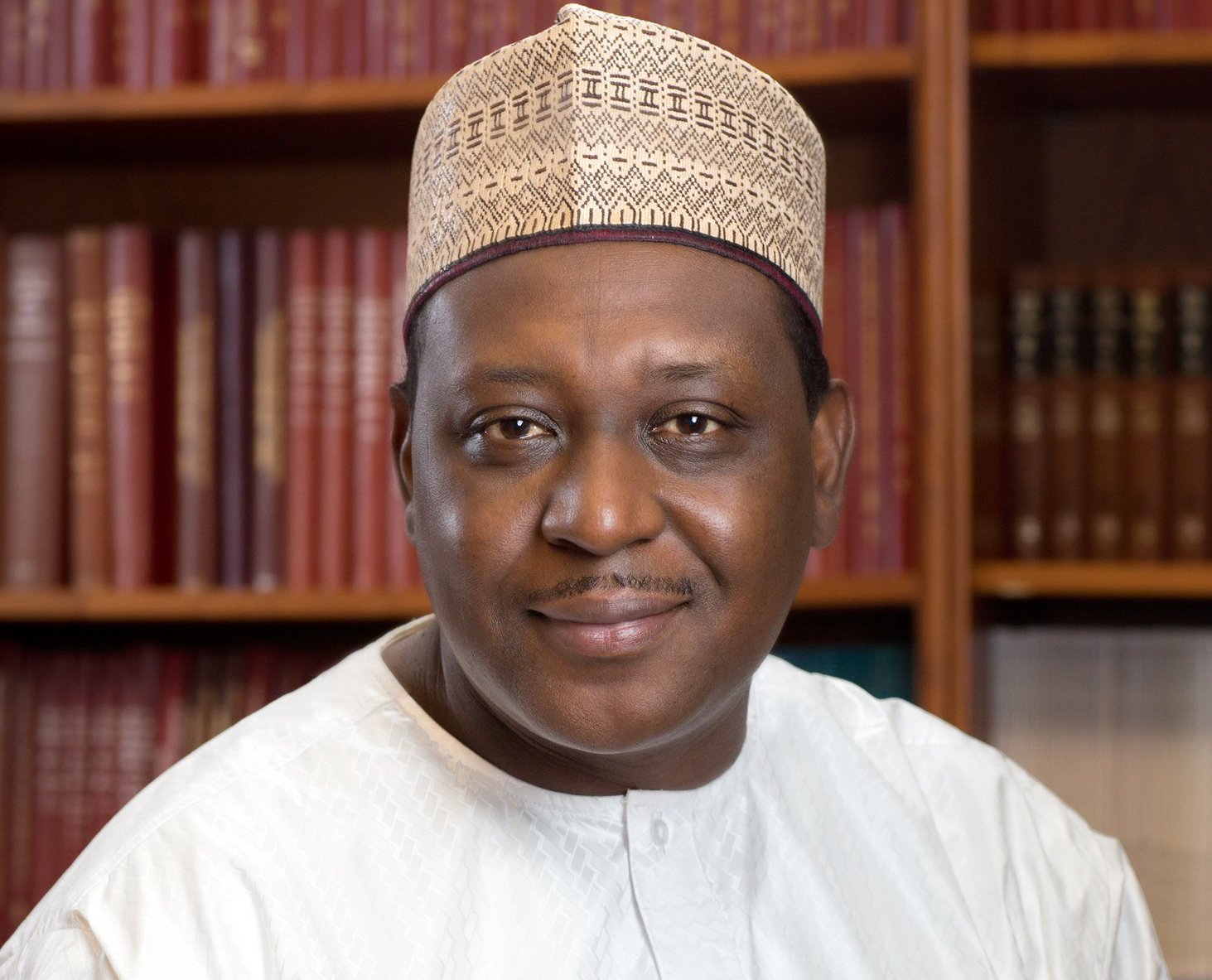The Nigerian government has raised the enrolment quota for medical, nursing, and other health professional schools from 28,000 to 64,000 annually.
This announcement was made by Prof. Muhammad Pate, the Coordinating Minister of Health and Social Welfare, during a sectoral ministerial press briefing marking the first anniversary of President Bola Tinubu’s administration.
The increase comes as a response to the growing concern over the exodus of health workers, driven by factors such as inadequate equipment, worsening insecurity, poor working conditions, and a subpar salary structure.
The Medical and Dental Consultants’ Association of Nigeria reported that 1,056 consultants left the country between 2019 and 2023, while the Nigerian Association of Resident Doctors noted that over 900 members emigrated to Europe in the first nine months of 2023.
Prof. Pate emphasized that doubling the enrolment is just the initial step. “The education sector will have to play its role. The states will have to improve infrastructure, training, and tools to produce more healthcare workers, as we are losing some and need to serve our population,” he stated.
In addition to boosting enrolment, efforts are underway to enhance primary healthcare services. Prof. Pate highlighted that 1,400 Primary Health Care Centres now have skilled birth attendants, and over 2,400 health workers have been recruited to serve in rural areas.
The Federal Government has also disbursed the first tranche of N25 billion from the Basic Health Care Provision Fund to 23 states through the National Primary Health Care Development Agency and the National Health Insurance Authority, with the remaining states nearing compliance to receive their funding.
Dr. Tunji Alausa, Minister of State for Health and Social Welfare, had earlier pointed out the inadequacy of producing just 3,000 doctors annually in Nigeria.
He reiterated that improving the healthcare environment is crucial to discouraging the mass exodus of healthcare professionals to more developed countries.



